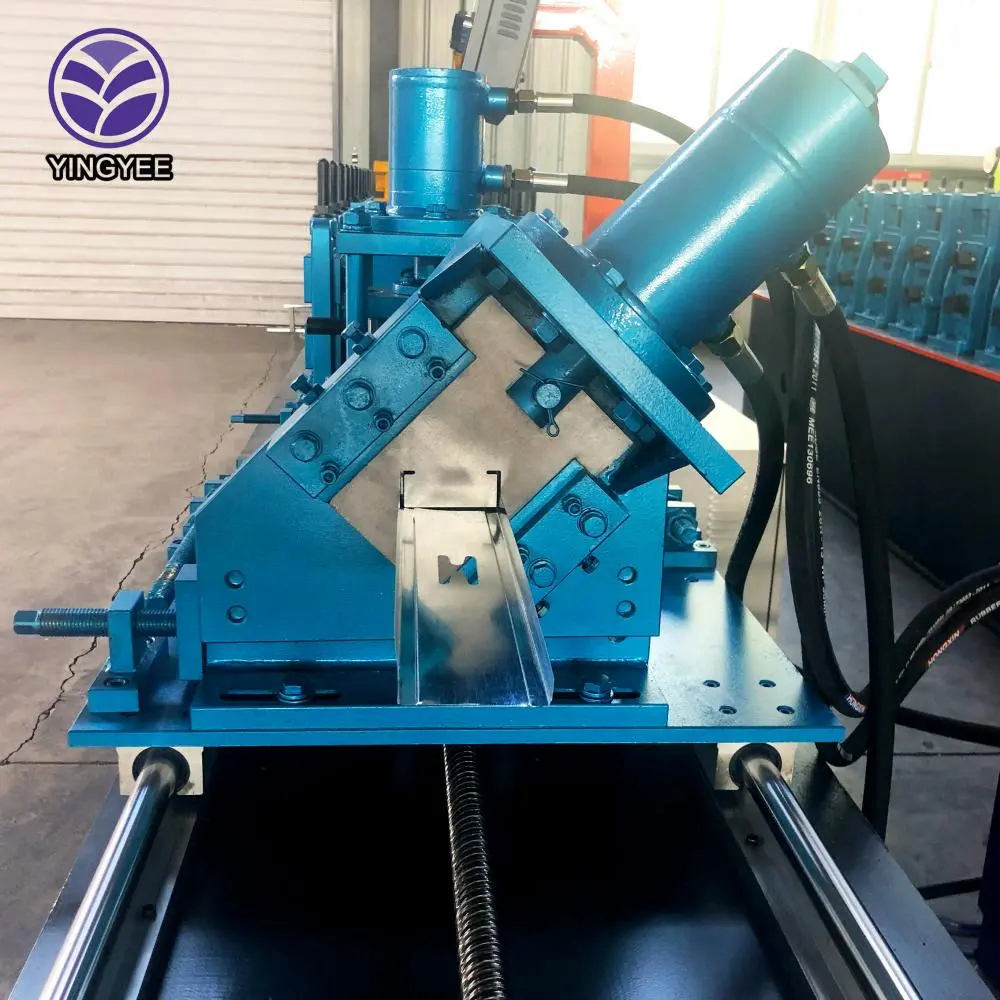
The Role of Roll Forming in Solar PV Mounting Structures
As the world continues to shift towards renewable energy sources, solar power has emerged as a major player in the quest for sustainable solutions. A significant aspect of solar power implementation lies in the mounting structures that hold solar panels in place. These structures must be robust, durable, and efficient to maximize energy production while withstanding various environmental conditions. One of the key manufacturing processes that ensures the effectiveness of these mounting structures is roll forming.
What is Roll Forming?
Roll forming is a continuous bending process in which a long strip of metal is passed through a series of rollers to achieve a specific cross-sectional shape. It is widely used in manufacturing various components for industries, including automotive, construction, and renewable energy. The advantages of roll forming are numerous; it allows for high precision, uniformity, and efficiency in producing metal profiles.
Importance of Roll Forming in Solar PV Mounting Structures
1. Customization and Versatility Solar PV mounting structures come in various shapes and sizes to accommodate different types of solar panels and installation settings. Roll forming technology allows manufacturers to easily customize the dimensions of mounting components to meet specific project requirements. Whether it’s a fixed tilt system, a tracker, or a rooftop installation, roll forming facilitates the production of tailored designs.

2. Material Efficiency One of the notable benefits of roll forming is its material efficiency. The process minimizes waste, allowing manufacturers to use a higher percentage of the raw material compared to traditional methods. This is crucial in solar mounting structure manufacturing, as it not only reduces costs but also lessens the environmental impact associated with production.
3. Strength and Durability Solar PV systems must withstand various weather conditions, including high winds, heavy snow loads, and intense sunlight. Roll-formed components are known for their excellent strength-to-weight ratio, providing robust support for solar panels while keeping overall system weight manageable. The continuous forming process enhances the structural integrity of the components, ensuring they can endure long-term operational stresses.
4. Rapid Production and Scalability The automated nature of roll forming allows for high-speed production, which can be scaled up as demand increases. In a rapidly growing market like solar energy, the ability to produce large quantities of mounting structures quickly is essential for fulfilling project demands and maintaining competitive pricing.
5. Integration with Other Systems Modern solar solutions often involve integrating mounting structures with various technologies, such as inverters, batteries, and monitoring systems. Roll forming capabilities enable the creation of profiles that can easily accommodate these integrations, resulting in streamlined installations and enhanced system performance.
Conclusion
The adoption of solar energy solutions is critical for addressing climate change and promoting sustainability. As the sector continues to evolve, the importance of reliable, efficient, and innovative manufacturing processes like roll forming becomes increasingly evident. By enabling customization, enhancing material efficiency, providing strength and durability, and facilitating rapid production, roll forming plays a pivotal role in the effective deployment of solar PV mounting structures. As we look towards a brighter, greener future, the synergy between solar energy and advanced manufacturing techniques will undoubtedly accelerate the transition to renewable energy worldwide.